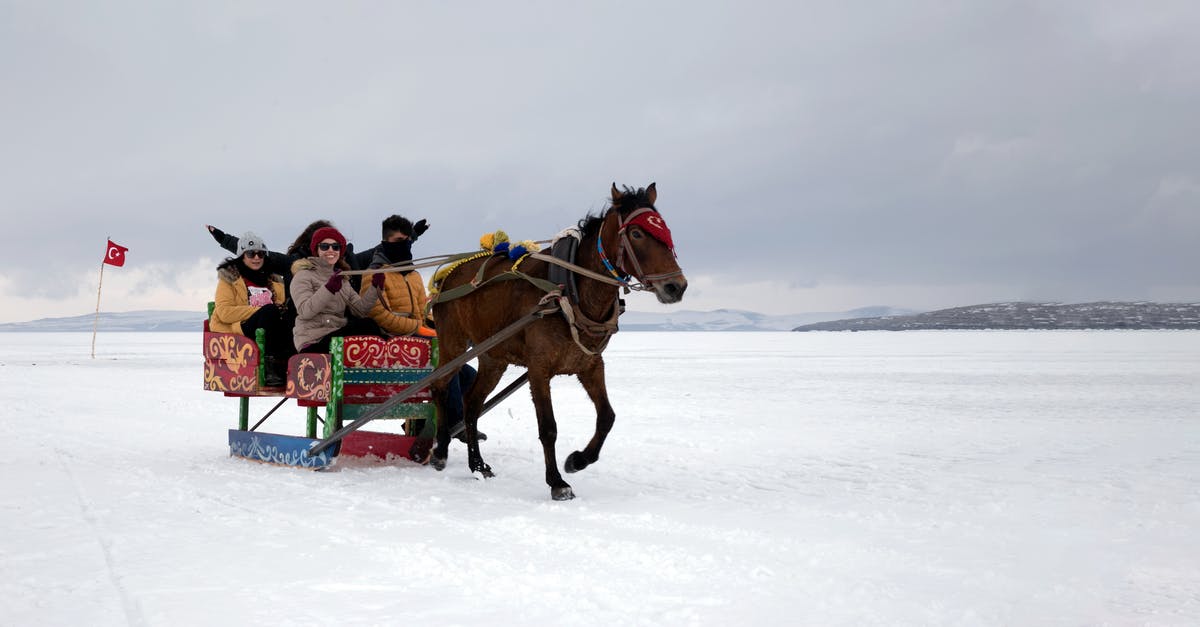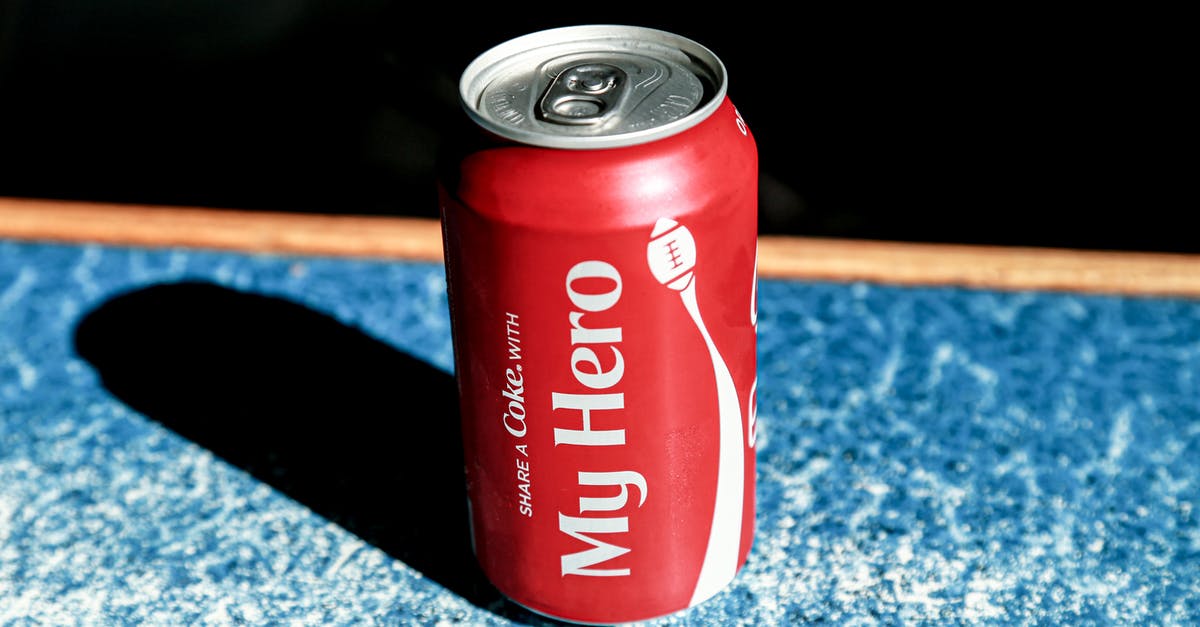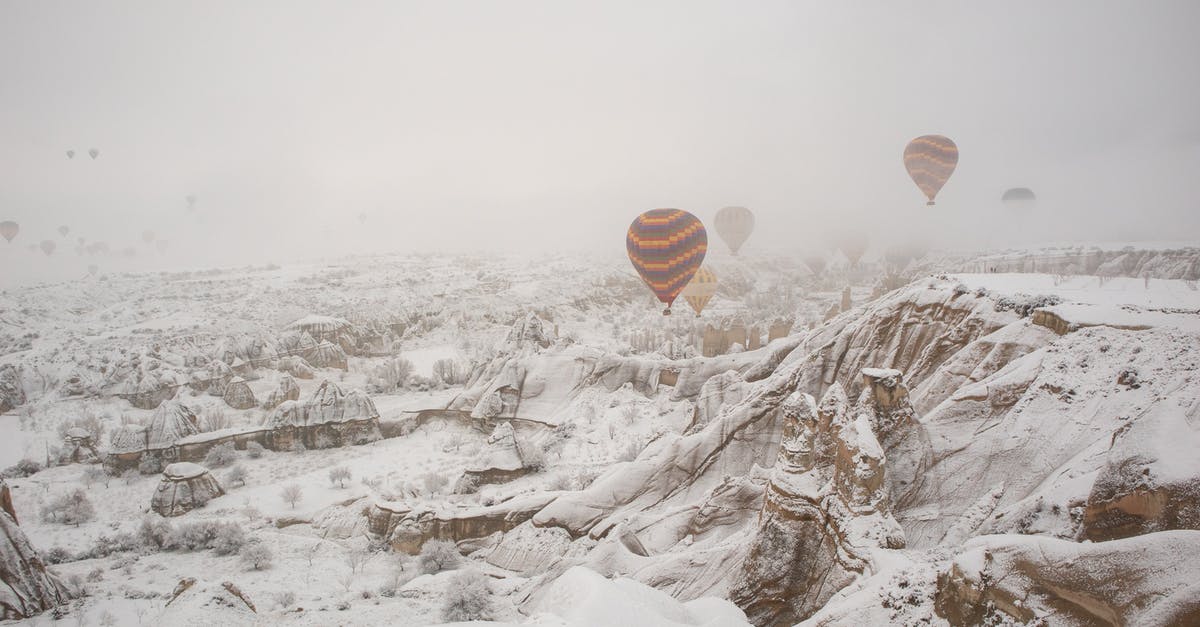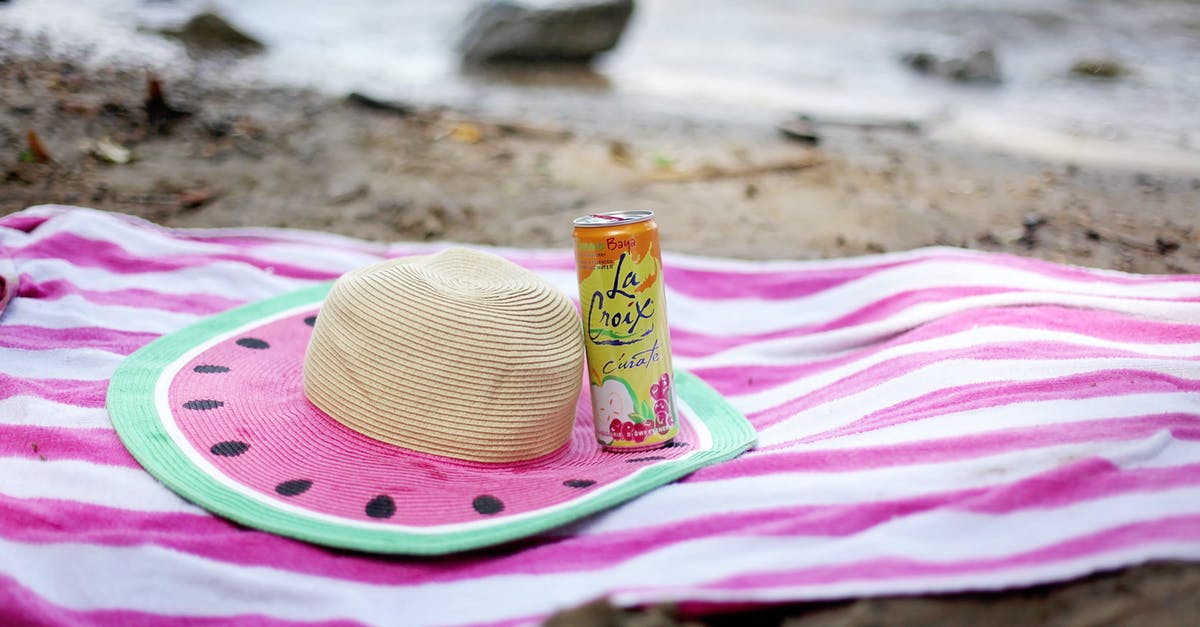How cold can a brining turkey get before freezing?

If I brine a turkey in a solution of 1/2 cup of salt per 1 gallon of distilled water, how do I tell how cold it can get before the brine freezes?
Here in America, we all know water freezes at 32 degree Fahrenheit... if pure. Salt reduces the freezing point of water, which is why we salt our roads to melt ice in winter.
Since my fridge is fairly full, I would prefer to keep the brine bucket in the garage overnight. However, it may get as cold as 26 degrees F tonight. Will a brine with 1/2 cup salt per gallon distilled water freeze at that temperature? Is there a good way to calculate the temperature to make an answer applicable to multiple brine ratios and temperatures?
Wikipedia has a page on saline water and its freezing points but this requires calculation of molar masses and more chemistry than I am capable of - is there a way to simplify this in the context of cooking proportions? I.e. cups and gallons, not g/cm3 and other measurements.
To be more specific, I am using Alton Brown's brine recipe. 1 quart of store-bought vegetable stock mixed with one gallon of water, 1 cup of salt, and 1/2 cup of brown sugar. Boil to dissolve/mix, then chill in the fridge. Combine with another gallon of chilled water and store chilled (fridge or outdoors in a cold climate, in a detached garage in my case). However, a good answer will not assume a specific recipe: it will specify ratios and explain "X cups salt, Y cups sugar, Z gallons water = W% brine concentration" since not everyone uses the same brine. I am looking for an answer that anyone can use to convert cooking volumes (cups/gallons) into temperatures: "I put X cups of salt into Y gallons of water, how cold can it get before this freezes and the brine fails to do its job?"
Actual results: the brine appears not to have frozen. When I checked in the morning it was liquid without any ice chunks floating in it. I am still interested in a more scientific approach to planning this, however.
Best Answer
Short answer: a recommended 6% brine solution will not quite freeze at 26F.
Long answer:
You should have just looked at the chart on the Wikipedia page, which has % by weight. That's easy to calculate; just divide the weight of the salt (4.5oz for 1/2 cup) into the weight of the water (133 oz). This is, of course, way easier to do in metric (128g into 4000g).
Note that you will find widely varying estimates for the weight of a half-cup of kosher salt on the web, from 2.5oz/70g up to 5oz/140g. Based on weighing Diamond Crystal Kosher Salt in my own kitchen, the correct answer is towards the high end of this range (4.5oz / 128g). To answer the math part of your question, if you're willing to believe my scale rather than getting out one of your own, each 1/2 cup of salt per gallon represents about 3% salinity by weight and about 3.5deg F drop in freezing temperature, at least up to 2 cups.
You also should have read better instructions on brining a turkey, as the amounts you ask about, 1/2 cup salt per gallon of water, is far too low in salt. That's only about 3% to 3.5%, which is well below the recommended brine strength and will result in a watery turkey (as well as frozen brine at 26F). You want a 6% saline solution by weight.
And, coincidentally, per the chart a 6% brine solution should freeze at around 25F, putting you in the clear. Mind you, that means you'd better be pretty confident in that weather forecast.
On the other hand, maybe you should try a dry brine instead?
Pictures about "How cold can a brining turkey get before freezing?"



What temperature does Turkey brine freeze?
In particular, when salt brine is applied at a 23.3% concentration, it will freeze (without any additional dilution) at about -6\xb0 F. Unless the road surface is extremely cold, the brine will not freeze to the road.Can you freeze a turkey after brining it?
Take note that it's best to freeze your meat after completing the brining process. After thawing, the meat will suffer through a 15% moisture loss, but not brining at all leads to 22% moisture loss. All this means is that brining will prevent your meat from losing more moisture than it normally would.Can brine be too cold?
Simply put, it's just too cold for that salty substance to do any good. De-icing chemicals work by lowering the freezing point of water. But when temperatures drop to around 20 degrees, the brine loses its effectiveness.Can you brine turkey before freezing?
It Produces Juicier Meat And as we've discussed here on Food Hacks before, brining is an excellent way to retain moisture via osmosis. But salting your poultry before freezing it goes a step further\u2014because it gives salt a longer time to affect the moisture retention of the meat.How To Brine Thanksgiving Turkey | The Best Way To Brine Turkey | Holiday Recipes
More answers regarding how cold can a brining turkey get before freezing?
Answer 2
I have found that in what experiences that I have in cooking and being an X physics teacher is that as long as the meat does not freeze in the brine it will still take the brine, not at the level that it should, but most of the time. You may need to add time to the brining process.
Sources: Stack Exchange - This article follows the attribution requirements of Stack Exchange and is licensed under CC BY-SA 3.0.
Images: Şahin Sezer Dinçer, Hanbo Wang, seyfi durmaz, Leah Kelley
